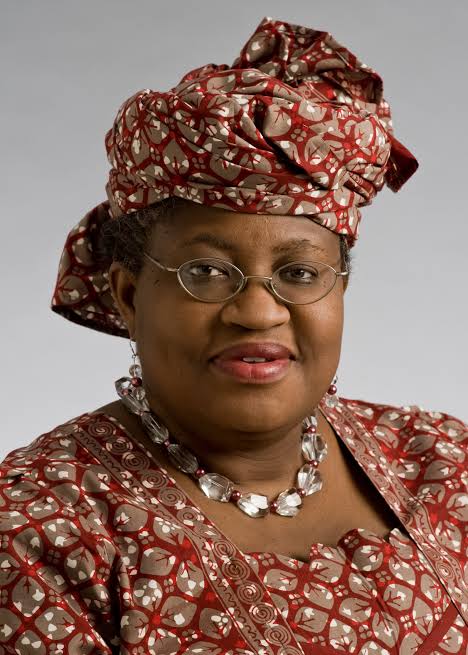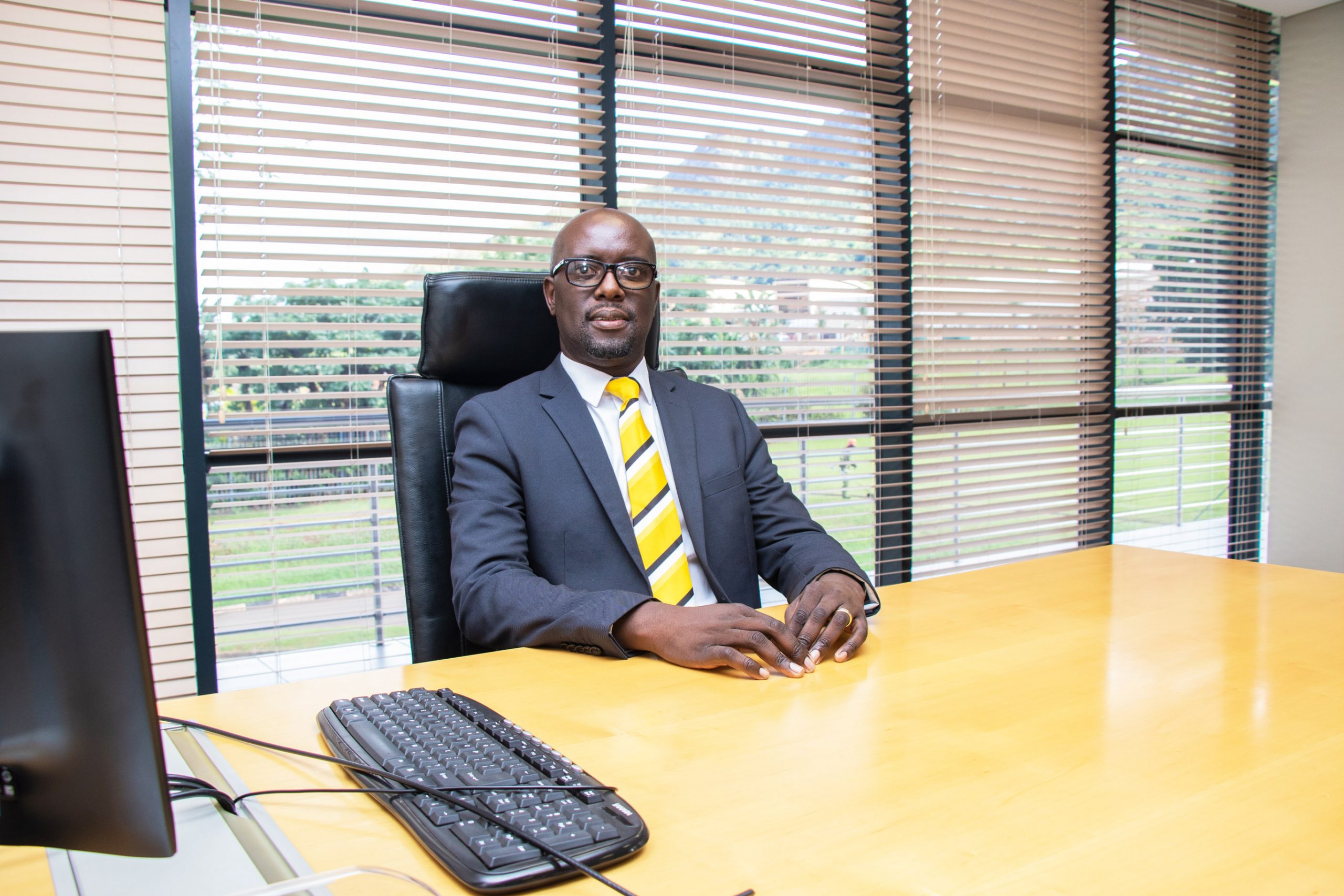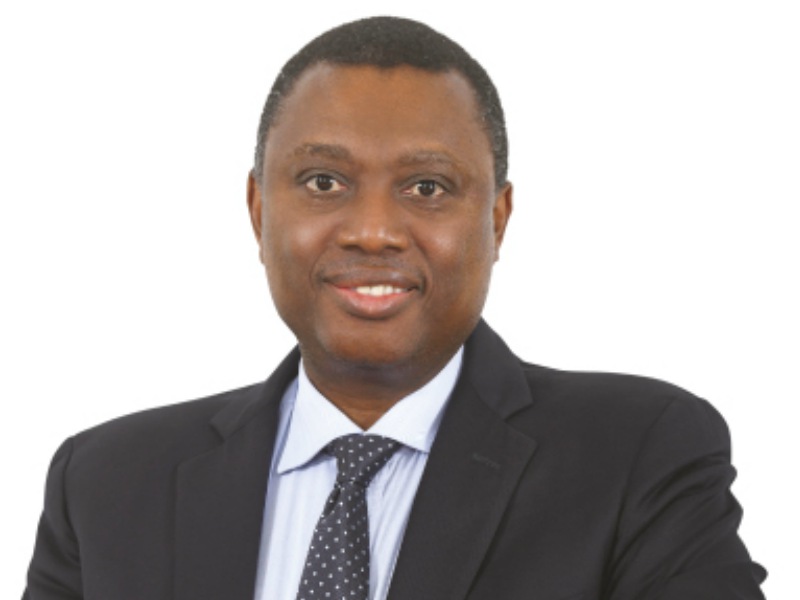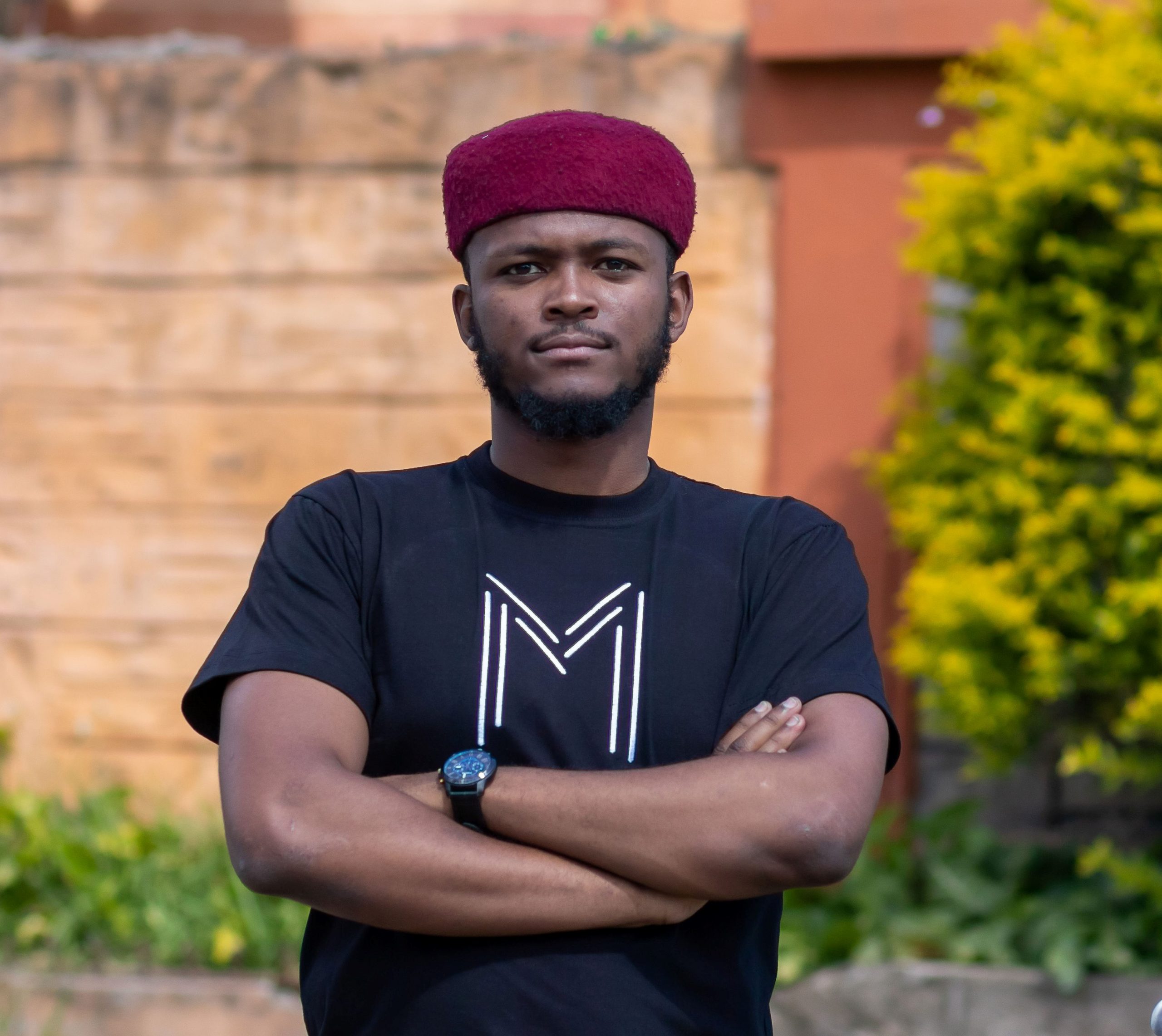Safaricom May Earn $481-Million from Kenya Power Meter Deal
East Africa’s leading telecom company Safaricom will most likely make $481-million (Ksh53.5-billion) for installing smart electricity meters to Kenya Power’s largest consumers in a new deal meant to curb power theft, and electricity leakages while also fixing significant weaknesses on the utility firm’s transmission network.

According to the letters of the deal, Safaricom is planning on spending $281-million to install an intelligent system that will connect 333,300 electricity meters to a central location and track electricity use, power outages and load on transformers. The system will allow the reading of the meters remotely, as well.
Read also:Integrated Into Safaricom’s M-Pesa, Kenyan Startup Manyactive Is Africa’s Uber For Fitness Trainers
The system will help bring down the share of electricity bought from generator firms like KenGen that does not reach homes and businesses, known as system losses, from 23.93% to around 8%, which will earn Kenya Power $644-million in additional revenue in the next eight years.
84% of Kenya Power sales are expected to be covered by the smart meters. They will be connected to homes and businesses that consume more than 200-kilowatt hours (kWh) monthly.
“This solution is expected to result in a turnaround of Kenya Power’s current financial position by reducing energy losses,” Kenya Power board papers read.
Read also:MTN Plans to Sell its Afghanistan Business
“In addition, it will improve collection, increase business operational efficiency and enhance cost efficiency.”
Also according to the papers, Safaricom is set to earn 75% of these additional sales or $481-billion, with the power utility taking the remaining $162-million (factoring KSH to USD exchange rates).
Notably, this will mean that Safaricom will be able to recover its investments in four years and transfer the smart reading network system to Kenya Power after eight years. Kenya Power executives will apparently seek a review of the revenue share once a final deal is inked between the utility and the telecom firm, arguing that this draft agreement is in favour of Safaricom.
“Safaricom will have recouped its full cost in year four hence the need for a further discussion on the revenue uplift sharing proportion,” said Martin Mutuka, Kenya Power’s GM for business strategy, in a preliminary report.
“Basis to support the 75 to 25 per cent sharing proportions — KPLC should negotiate for a better sharing proposal,” Mutuka added.
Read also Revolutionalising Legal Practice With Technology
Safaricom has selected four manufacturers that will provide the smart meters to 1,292 Kenya Power distribution feeders, 73,000 distribution transformers and 256,000 private consumers with monthly uses over 200 kilowatts.
The installation of the meters will be done in three phases, beginning in areas near Mombasa Road. Current targets are for the installation of 6,200 meters over the first nine months. The second phase will see the connection of 330,300 smart meters to the large power users who account for 84% of Kenya’s total energy consumption.
This second stage is set to run across 2 years before completion, with a further six years set aside for the operation of the devices. Kenya Power will continue installations for the final phase, leveraging infrastructure established by Safaricom.
Kelechi Deca

Kelechi Deca has over two decades of media experience, he has traveled to over 77 countries reporting on multilateral development institutions, international business, trade, travels, culture, and diplomacy. He is also a petrol head with in-depth knowledge of automobiles and the auto industry
















